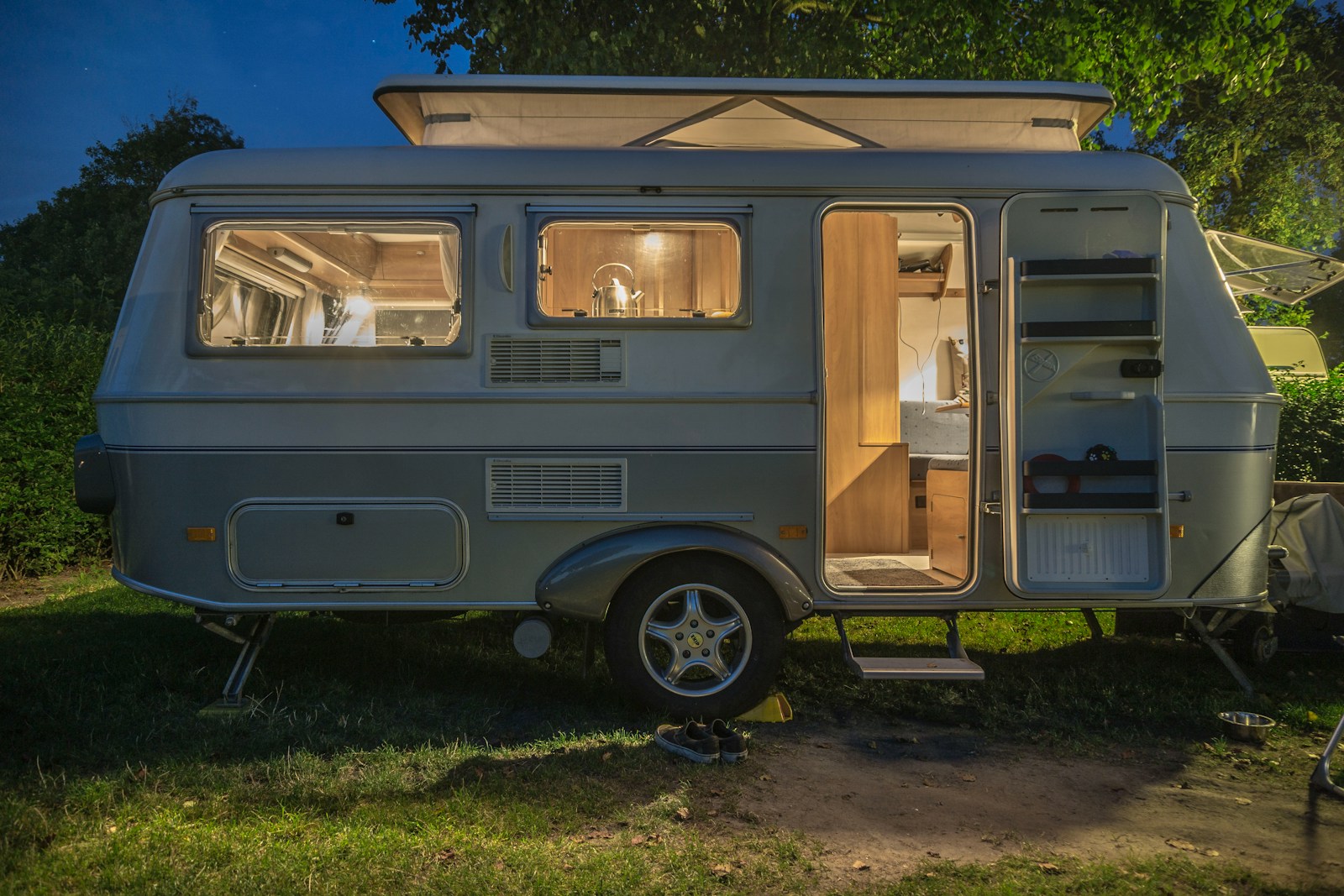
Insurance Considerations for Different Types of Mobile Homes
Mobile home insurance is a policy specifically designed to protect mobile or manufactured homes. Whether your mobile home is located in a park, on private property or used seasonally, having the right insurance coverage is essential.
What Does Mobile Home Insurance Cover?
The following are coverage options mobile homeowners may want to consider: 
- Dwelling coverage—This can help financially cover the structure of your mobile home, including walls, floors, roof and windows. In case of damage due to covered perils (such as fire, wind or lightning), your dwelling coverage may help cover costs to repair or rebuild your home.
- Mobile home extensions and additional structures—Besides the main dwelling, mobile home insurance may also financially cover additional structures associated with your unit. This might include sheds, garages or porches on the same property.
- Personal property coverage—This coverage can help financially protect your personal belongings both inside and outside your mobile home. This includes furniture, electronics, kitchen appliances and other valuables.
- Additional living expenses—If your mobile home becomes uninhabitable due to a covered loss, this coverage helps pay for temporary living expenses while repairs are underway. This type of coverage is most necessary for those who reside in their mobile home full-time.
- Personal liability coverage—This coverage may help cover legal or medical expenses if you’re held liable for damage or injury to someone else while on your property.
- Medical payments coverage—This coverage may help pay medical expenses resulting from a guest’s injury while at your mobile home.
What Mobile Home Features Influence Insurance Needs?
The following mobile home features influence can influence the types of insurance you may need:
- Location—Just like with traditional homes, the location of your mobile home can impact your coverage needs. Some mobile home communities may have rules regarding what kinds of insurance you must have to live there.
- Age and condition—The age and condition of your mobile home matter. Due to outdated materials and systems, older homes may require higher insurance premiums to cover the increased risk of damage. Newer homes built with improved materials and construction methods may benefit from lower rates.
- Size and structure—The size and structure of your mobile home affect insurance costs. Larger homes may require higher coverage limits, while unique features can influence the overall risk profile.
- Safety and security measures—Safety features such as smoke detectors, fire extinguishers and security systems can impact your insurance needs. Installing these measures may lead to discounts or better coverage options.
- Adjacent structures—Consider any adjacent structures on your property, such as sheds, fences or detached garages. Ensure they are adequately covered under your policy.
- Interested parties—If you have a mortgage on your mobile home, the lender may require certain levels of insurance coverage until it’s paid off.
Each mobile home is unique, so assessing your specific situation and tailoring your insurance coverage is essential. Contact Insurance Solutions Center to determine the best policy for your needs.Top of Form
This blog is intended for informational and educational use only. It is not exhaustive and should not be construed as legal advice. Please contact your insurance professional for further information.
Categories: Mobile Home Insurance
Tags: Mobile home
